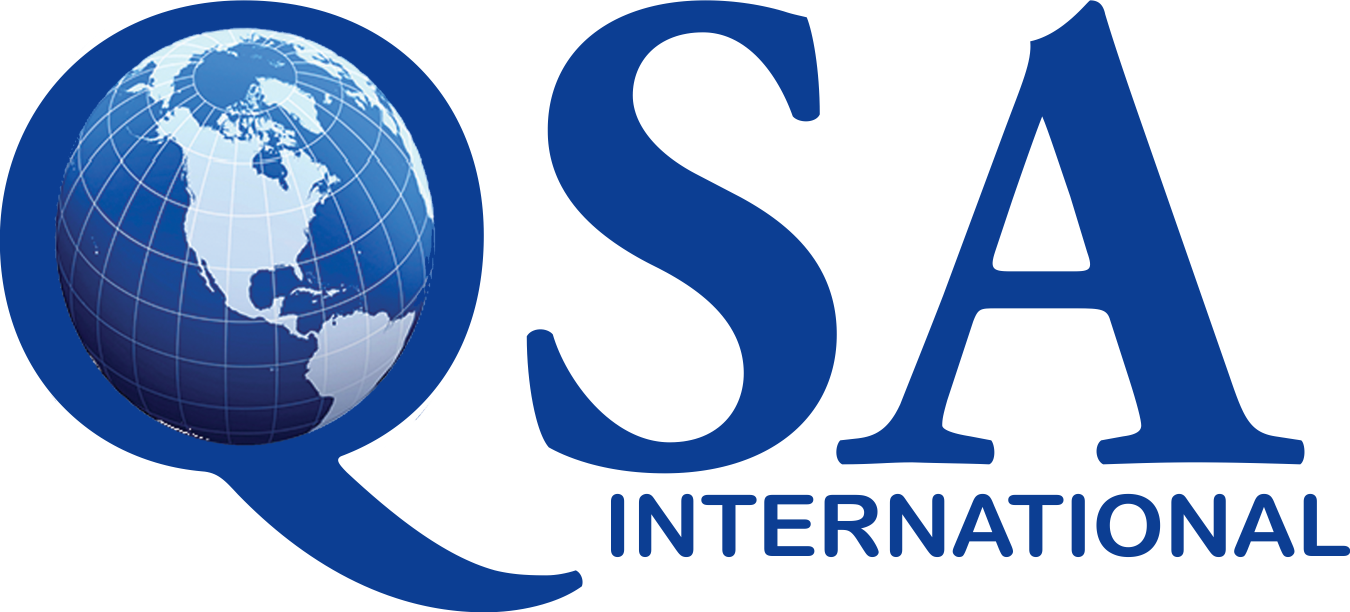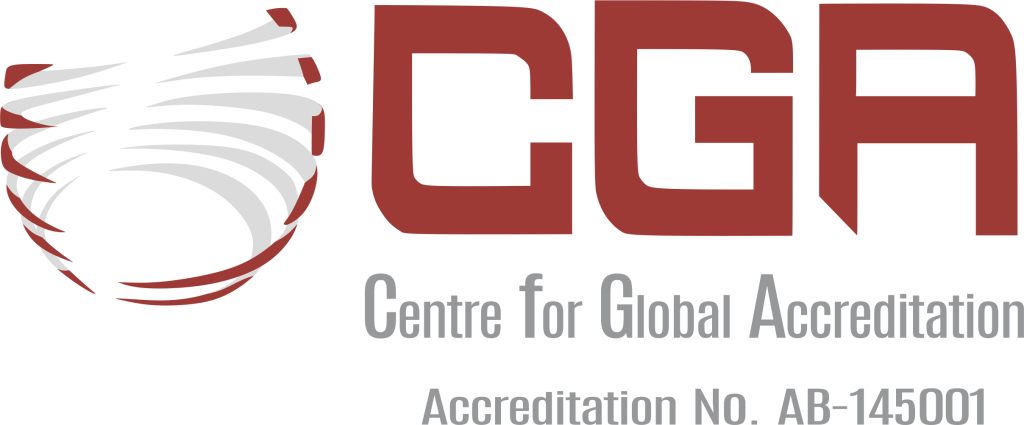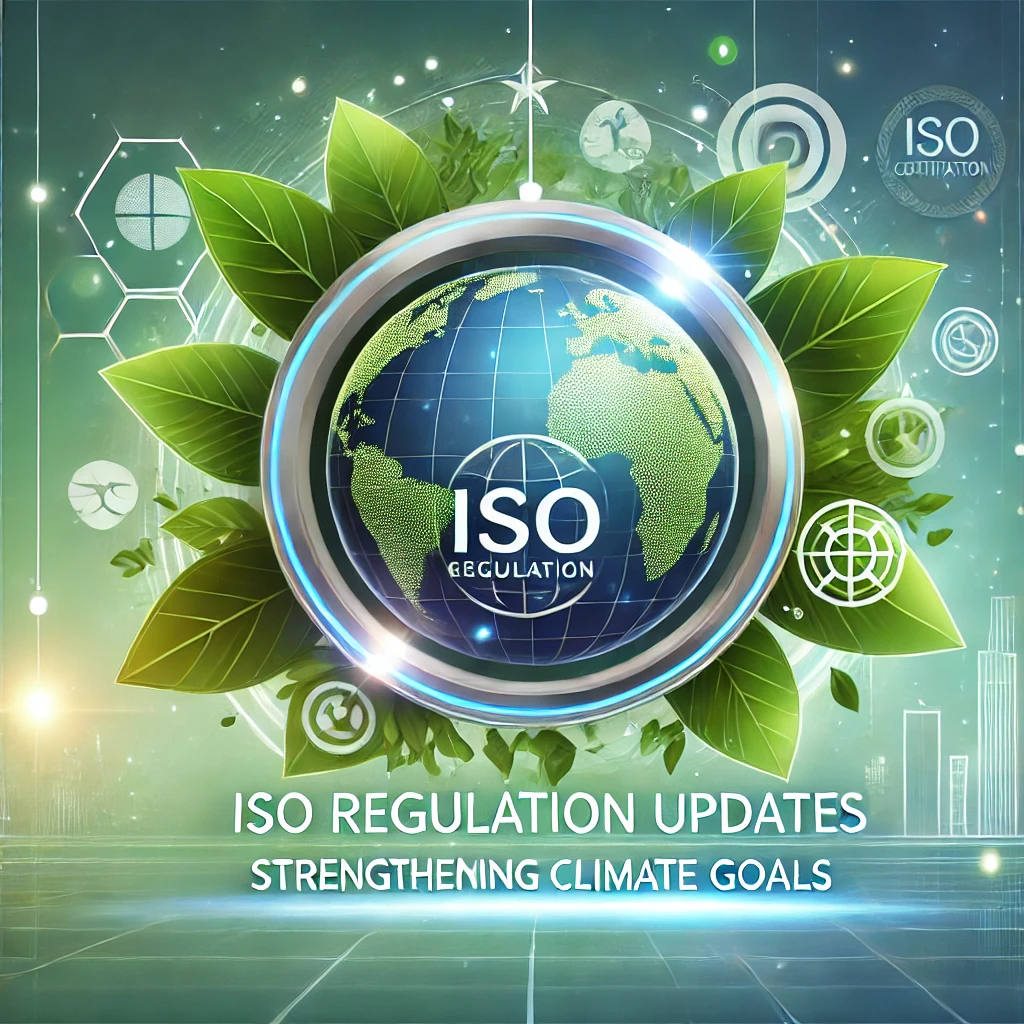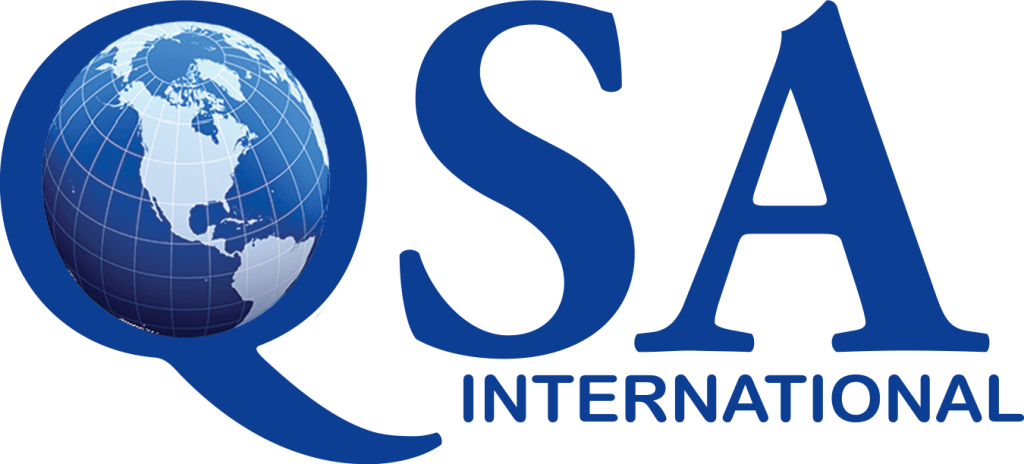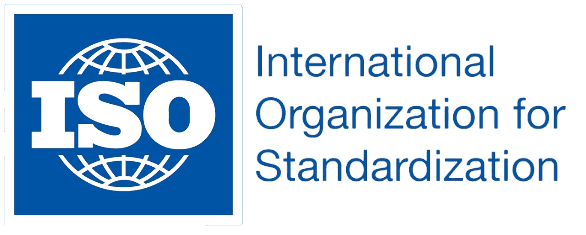There’s Updating of ISO Regulation to Strengthen Climate Change for Goal and Objective
Important amendment to 31 Annex SL management system standards
The International Organization for Standardization (ISO) and the International Accreditation
Forum (IAF) have issued a joint statement regarding an amendment to 31 existing management system standards. In accordance with the ISO London Declaration of Climate Change, the recent amendments require companies to evaluate the importance of climate change risks in their analysis of organizational context and the requirements of interested parties.
By updating management system standards such as ISO 9001, ISO 14001, ISO 27001, and ISO 45001, ISO has reaffirmed its dedication to tackling climate change.
WHAT ARE THE CHANGES – What are the Requirements???
The amendment is included in Chapter 4 of the Harmonized Structure (Appendix 2 of the Annex SL in the ISO/IEC Directives Part 1 Consolidated ISO Supplement):
- The first amendment is the addition of a sentence requiring an organisation to determine whether climate change is a relevant issue as part of understanding the organization and its context. (4.1).
- The second amendment is the addition of a sentence to acknowledge that when understanding the needs and expectations of interested parties (4.2), relevant interested parties can have requirements related to climate change.
Understanding the organization’s context and the needs and expectations of interested parties is already required and explained in Chapter 4 of the ISO standard’s Harmonized Structure. The additional step needed is to ensure that climate change is consistently considered during this analysis.
While the primary purpose of the requirements in clauses 4.1 and 4.2 remains the same, the additions now guarantee that “climate change” is factored into the management system as a significant external consideration for organizations.
Climate change can impact operational conditions and adjustments, such as rising temperatures affecting working conditions and equipment efficiency. Certain industries, such as agriculture, construction, and fishing, may need to adapt their working environments as climate patterns shift. This could lead to new safety challenges due to changes in weather patterns and environmental conditions. Additionally, climate variations can affect the efficiency and safety of food storage and transportation. Extreme weather events like floods, hurricanes, and droughts can cause disruptions by damaging manufacturing facilities, disrupting supply chains, and affecting service organizations. Changes in climate can impact resources and lead to scarcity of raw materials, particularly affecting water-intensive industries reliant on specific natural resources. Changes in climate can impact water availability, distribution, and quality, affecting the availability of natural resources overall.
Climate change can alter the production, processing, and transportation of raw materials, resulting in shifts in the global supply chain. Consequently, organizations may need to seek out new suppliers or adapt their logistics strategies accordingly. Climate change can impact employee health and safety, particularly in service industries with outdoor or travel-intensive operations. Additionally, it may prompt changes in labor markets, necessitating new skills to navigate evolving business conditions.
As governments globally enforce stricter regulations to address climate change, certified organizations must adapt to ensure compliance. This may involve tighter emissions limits, enhanced reporting obligations, and potential involvement in carbon trading programs. Manufacturers must adapt to these regulations, incurring substantial costs to upgrade equipment, processes, and practices to comply with new standards.
Timeline and implementation
In accordance with the recent amendments, we will incorporate climate change considerations into our audits with immediate effect. Recognizing that organizations may require time to adjust, auditors will see climate change-related matters as chances for improvement within the first year following the amendments.
Even though ISO has made amendments to the management system standards, there’s no need to issue a revised certificate.
Which standards are affected?
The recent amendments affect a total of 31 existing Annex SL management system standards, which are: ISO 9001:2015, ISO 14001:2015, ISO 14298:2021, ISO 15378:2017, ISO 16000-40:2019, ISO 18788:2015, ISO 19443:2018, ISO/IEC 19770- 1:2017, ISO/IEC 20000- 1:2018, ISO 21001:2018, ISO 21101:2014, ISO 21401:2018, ISO 22000:2018, ISO 22163:2023, ISO 22163:2023, ISO/IEC 27001:2022, ISO 28000:2022, ISO 29001:2020, ISO 30301:2019, ISO 30401:2018, ISO 34101-1:2019, ISO 35001:2019, ISO 37001:2016, ISO 37101:2016, ISO 37301:2021, ISO 39001:2012, ISO 41001:2018, ISO 44001:2017, ISO 45001:2018, ISO 46001:2019, ISO 50001:2018.
Sources: The complete statement by ISO and IAF along with a comprehensive list of standards that are effected is available here: https://iaf.nu/iaf_system/uploads/documents/Joint_ISO-IAF_Communique_re_Climate_Change_Amds_to_ISO_MSS_Feb_2024_Final.pdf

